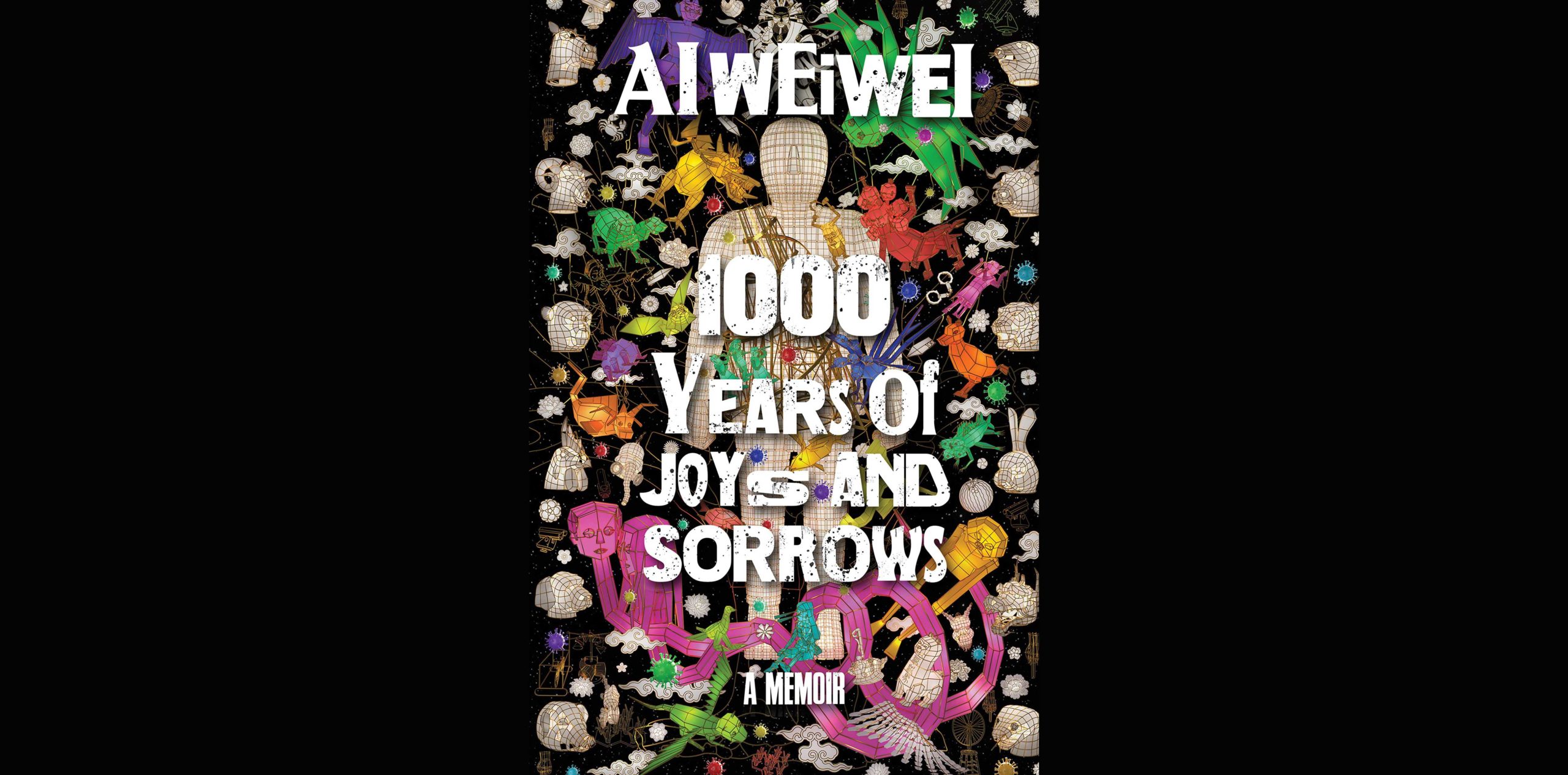Chinese contemporary artist and activist Ai Weiwei’s new book “1000 Years of Joys and Sorrows” published in 2021 reflects both the artist’s own past and the legacy left behind by his father, Ai Qing, one of the most prominent poets of China, over the course of 100 years.
After Ai Qing was branded as a rightist during the Chinese Cultural Revolution, he and his family were banished. The lives of the family changed drastically in the exile, facing many struggles. Ai Weiwei left his family behind after a difficult childhood and went to America to study art, becoming a rising star in the art world after returning to China.
The artist takes up subjects such as how he rose in the art world, how he became an international human rights defender, and the changes his art went through under the totalitarian regime in his book. Ai Weiwei sheds light on the origins of his creativity and passionate political views lying behind his globally known works, through his own and his father’s experiences. The artist draws attention to the importance of freedom of expression while making sense of the numerous forces that shaped modern China.
Ai Weiwei,a contemporary artist and human rights defender is known for his stance against the sanctions of the Chinese government internationally. The Chinese Government has tried to silence the artist many times over the years. After his studio was destroyed by the local authorities Ai Weiwei moved to Berlin in 2018 and continues to work here. You can find some of the documentary films and books of the artist on our artlog pages:

